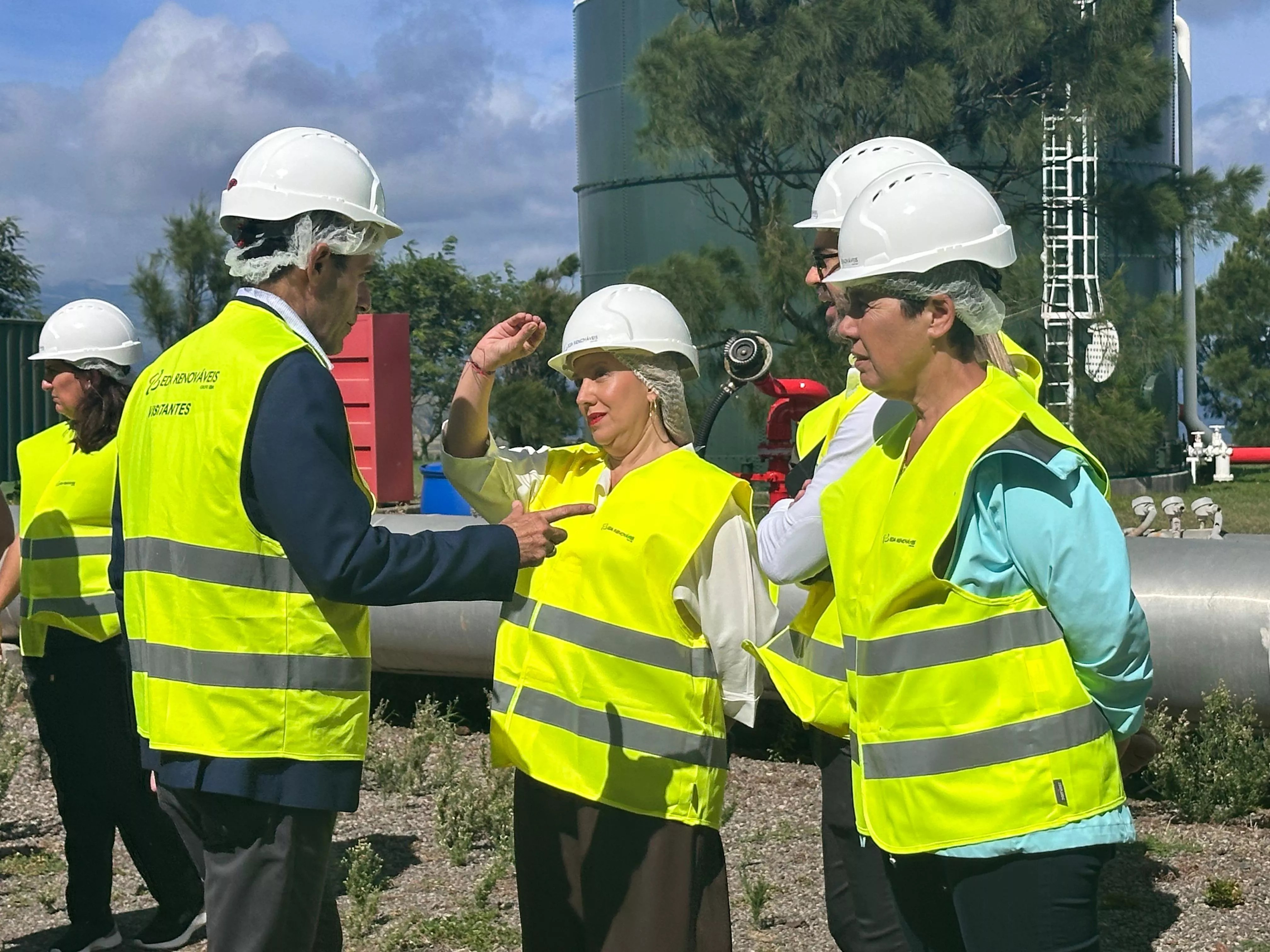A small group associated with the citizens’ assembly “Canarias tiene un límite” gathered at Teide National Park this Saturday, despite the official cancellation of their initial rally. The group opted for small gatherings to protest against the increasing overcrowding of Teide and the ineffective management of natural spaces in the Canary Islands. This action, described by organisers as a symbolic act of resistance, aimed to highlight what they see as an institutional attempt to suppress their message. The protest was officially postponed because they hadn’t sought the necessary permission from the National Park’s management. Furthermore, the island council, led by Rosa Dávila, criticised the demonstration based on two opposing technical reports. The island’s president has publicly opposed such demonstrations in protected areas.
“We are at Teide, even though our gathering was banned. We’ve come in small groups to bypass the institutions’ attempt to silence us.”
Complaints about Teide National Park Management
“Canarias tiene un límite” states that the current tourism model and use of the park are causing severe damage to the natural environment. They highlight issues such as:
– Mass use of quad bikes and off-road vehicles.
– Tourists walking off marked paths.
– Cars parked on areas with protected flora.
– Unauthorised access to Pico del Teide.
– Unapproved sporting events.
– Presence of unregulated tourist companies.
– Lack of environmental officers.
The protesters believe that local authorities are failing to protect one of the most iconic natural heritages of the Canary Islands.
Direct Criticism of Rosa Dávila and Other Officials
The group targets Rosa Dávila, considering there has been an “institutional blunder” that, rather than stopping the protest, has amplified their message. They also warn that their actions will continue: “Let it be known, we will not stop,” they declared, adding that other officials responsible for managing Teide National Park will be next in line.
The protest is not confined to Teide alone. “Canarias tiene un límite” emphasises that this situation is applicable to other natural spaces in the Archipelago, which also face growing tourism pressure without adequate regulation.















